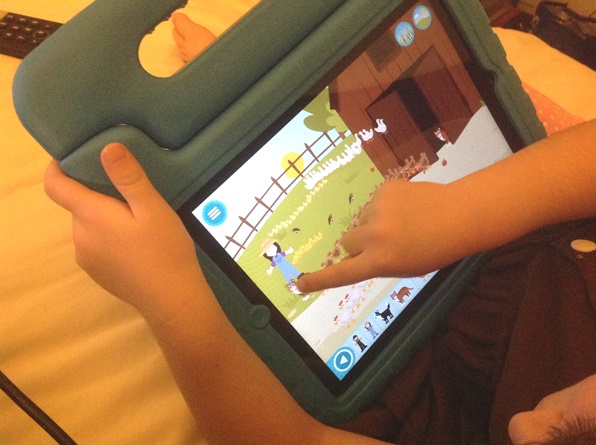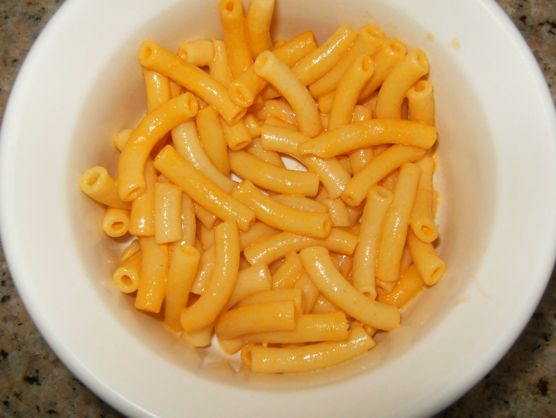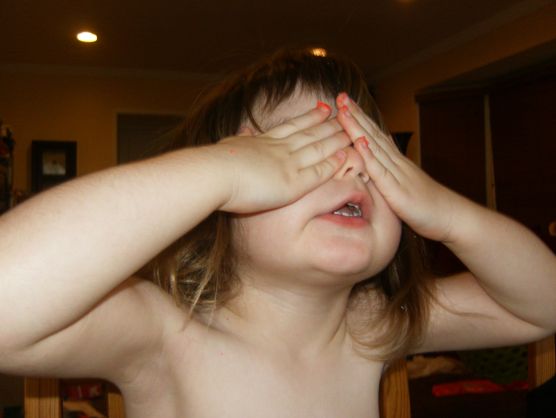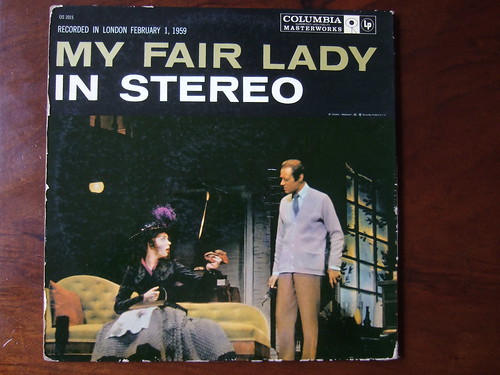Baguette has a significant language delay. We do a lot of interpretation.
She works so hard at communicating. I’m so impressed with her, and how diligent and persistent she is with any number of tasks. These are traits that are going to serve her well no matter what she chooses to do with her life.
These traits are invaluable with ABA. She makes no secret of the moments when she is bored, or frustrated. There are plenty of times when she resists completing a task or participating in an activity (to the point of banshee screams). But there are so many other times when she will Just. Keep. Trying.
She does this with speech, and I want to encourage her. So I try really hard not to tell her that she’s saying something incorrectly. Instead, I say things like this:
-
“Mommy doesn’t know that one yet.”
“Mommy still has to learn that.”
“Maybe you and I can figure that out together.”
Because I want to let her know that communication is a two-way street, and the burden isn’t entirely hers. I want to let her know that I’m still learning, too. I want to show her that adults also struggle. I want to let her know that it’s possible to share tasks and work together.
Ultimately, I want to help her make herself understood to others. But first, I have to show her that I understand her. I have to show her that I’m going to work hard with her. I have to show her that I think hearing her, listening to her are worthwhile, even if it’s not immediately easy for me.
Oh, and Nigh You Ra? She requested it for days. I asked her ABA providers and her teacher and Bestie’s mom and a co-worker with a daughter slightly younger than Baguette. And then (as you can see above) I turned to Twitter–and I was not surprised at all when the answer came from Cloud, with an assist from one of her daughters:







